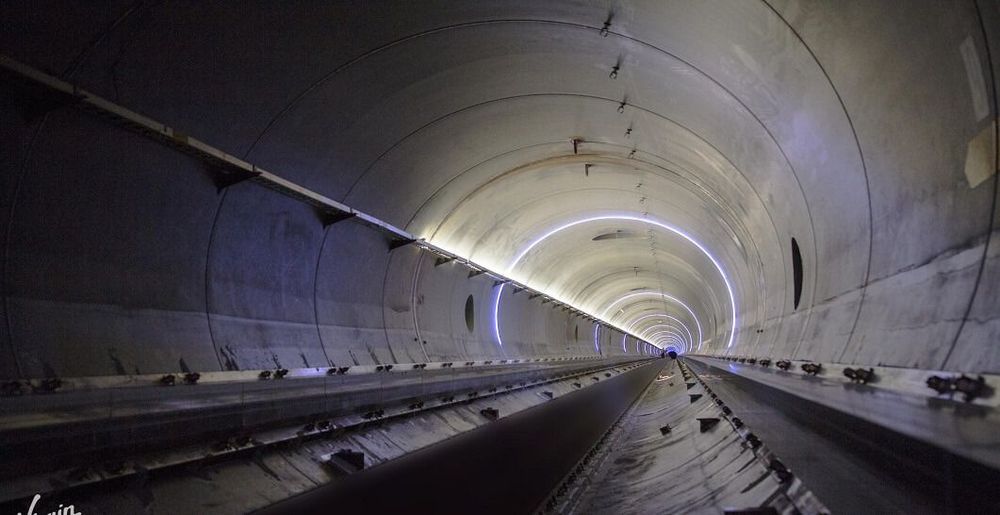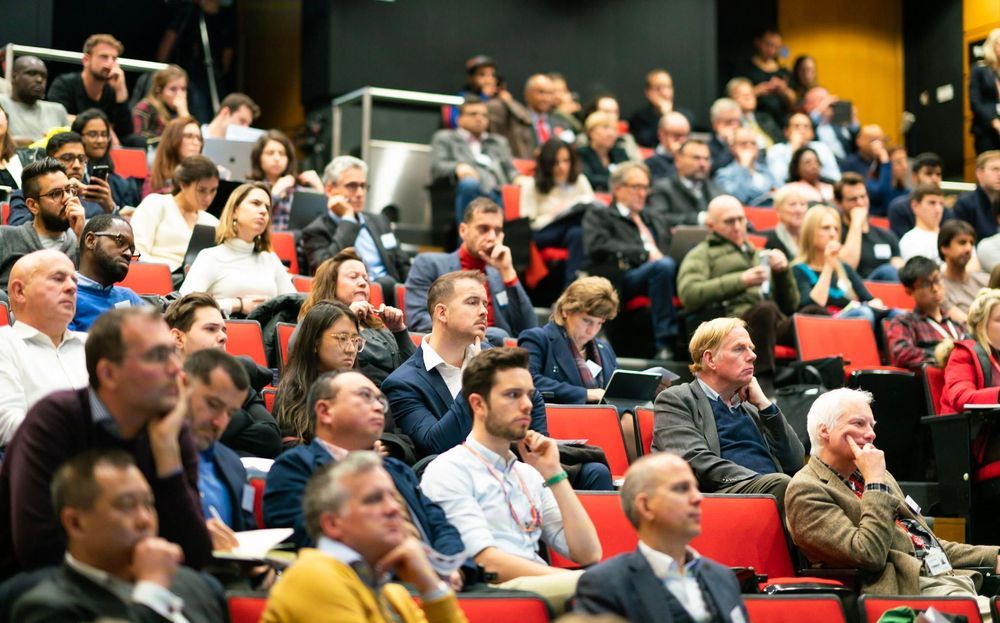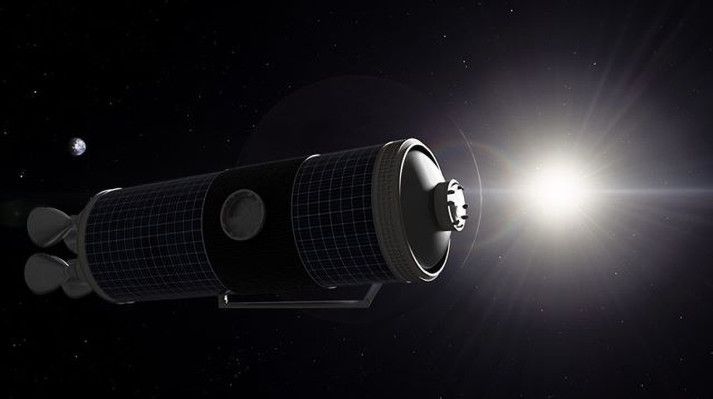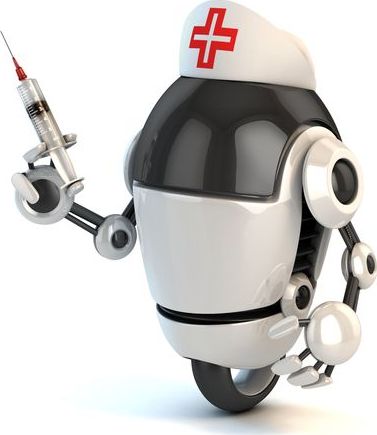“The Hyperloop exists,” says Josh Giegel, co-founder and chief technology officer of Hyperloop One, “because of the rapid acceleration of power electronics, computational modeling, material sciences, and 3D printing.”
Thanks to these convergences, there are now ten major Hyperloop One projects—in various stages of development—spread across the globe. Chicago to DC in 35 minutes. Pune to Mumbai in 25 minutes. According to Giegel, “Hyperloop is targeting certification in 2023. By 2025, the company plans to have multiple projects under construction and running initial passenger testing.”
So think about this timetable: Autonomous car rollouts by 2020. Hyperloop certification and aerial ridesharing by 2023. By 2025—going on vacation might have a totally different meaning. Going to work most definitely will.







